Awaiting His Turn
As the 100th Prime Minister of Japan, Fumio Kishida was thought to be a typical LDP prime minister – serving several years in a safe manner before passing the seat to another LDP faction leader.
On the contrary, Kishida turned out to be quite resilient and politically shrewd, far more than most anticipated.
Indeed, the PM’s seat has often been a reward position for prominent LDP politicians who waited in line, and Kishida was no exception at first.
Serving under Shinzo Abe for nearly eight years, over four years as foreign minister and three years as Chairman of the LDP’s Policy Research Council, Kishida was thought to eventually succeed Abe as Japan’s leader.
 Abe and Kishida as young politicians
Abe and Kishida as young politicians
Having entered politics at the same time, Abe and Kishida enjoyed a friendly relationship, and Kishida never explicitly challenged Abe when working under his administration.
Thus, it was generally understood that Abe would support Kishida as his successor when he left office, effectively transferring the seat as a reward for his loyalty.
But, despite Kishida sticking to his promise in the hopes of securing the seat without struggle, the next PM turned out to be Yoshihide Suga, another longtime ally of Abe who served as longest Chief Cabinet Secretary.
This was surely a disappointment to Kishida, as Suga was considered as one of Kishida’s main rivals, generating a sense of betrayal.
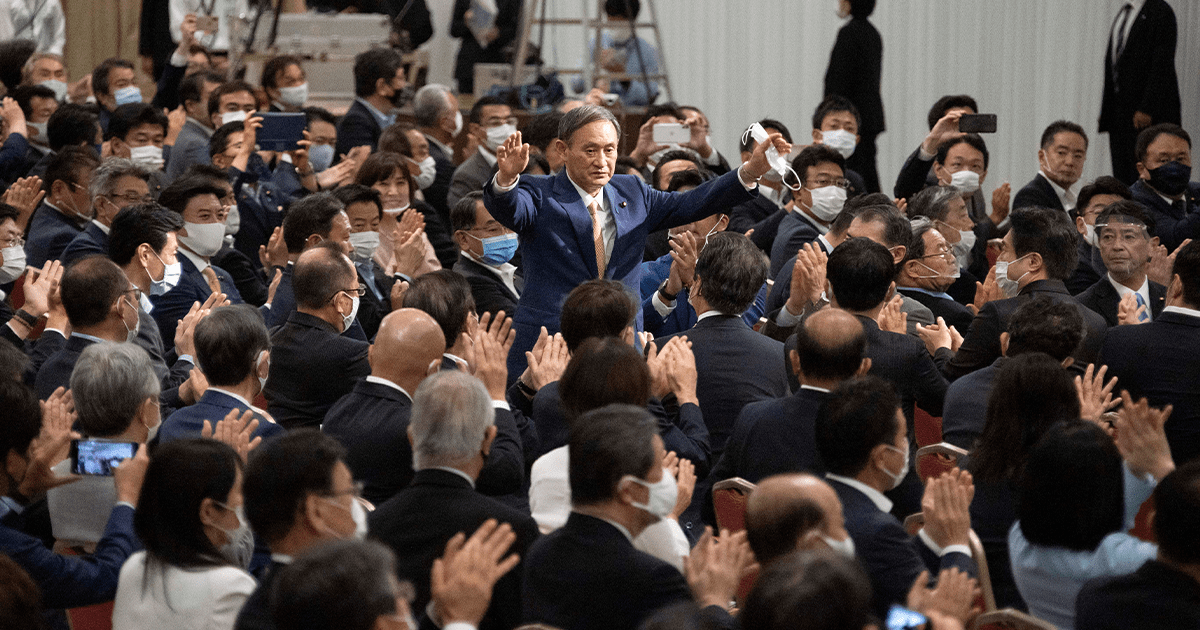 Suga was elected instead of Kishida in 2020
Suga was elected instead of Kishida in 2020
Nonetheless, Kishida remained loyal to Abe, at least on the surface, and kept a low profile during the one-year long Suga administration. Kishida may have been furious on the inside, but he understood the necessity of retaining Abe’s support in order to aim for the next seat after Suga.
Though stepping down from relapsing health issues amidst the COVID-19 pandemic, Abe still exerted enormous influence within the LDP and Japanese politics in general.
Kishida needed the former longest serving PM’s backing not just to enter office, but to maintain his administration afterwards.
His tolerance and loyalty eventually paid off in October 2021, when Fumio Kishida succeeded the politically depleted Yoshihide Suga.
Shackled By Party Politics
Initially, the Kishida administration was predicted to last around two years, an average length of a LDP regime, and make way for the other faction leaders still waiting in line.
Kishida was a rather “bland” LDP politician who was always dwarfed by other prominent rivals in terms of popularity. He was neither familiar to the public nor powerful within the LDP, thereby making him an inconspicuous figure.
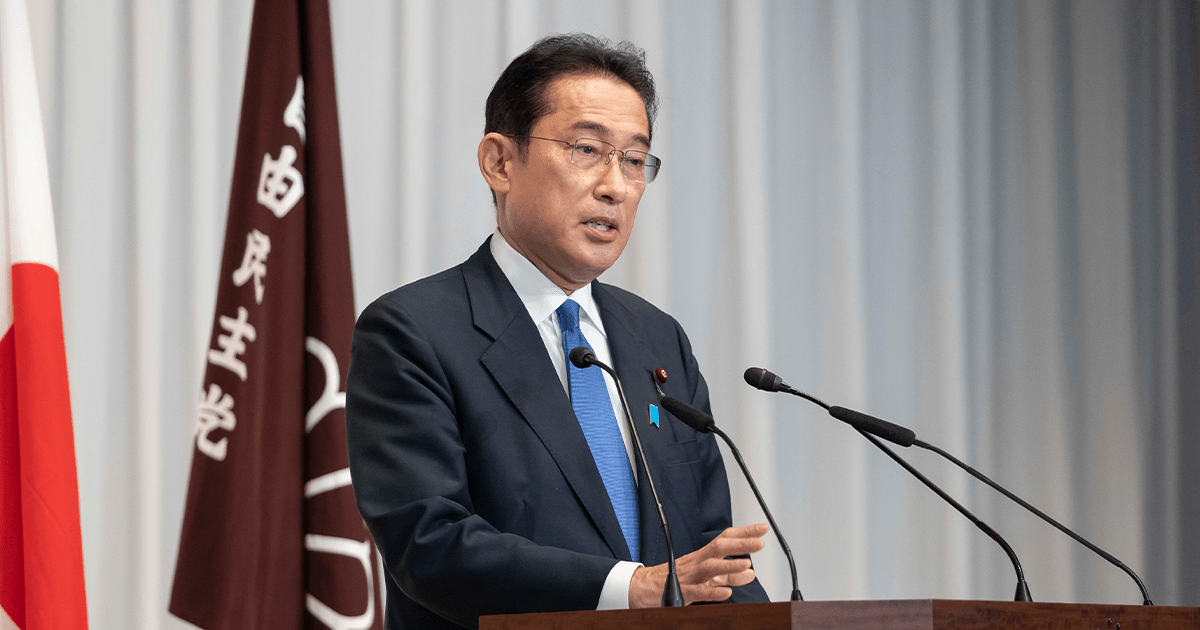 Usually seen as a low-key figure
Usually seen as a low-key figure
He was the leader of the “Kouchi-Kai,” a group known for its “dovish” stance compared to other hawkish factions, but it only ranked fourth out of the six factions.
As he required a coalition with other groups to maintain power, relying on the Abe faction was inevitable since it was the largest group by far.
However, this was a double-edge sword, as the Abe faction held considerable leverage over Kishida, potentially limiting his scope of action. Kishida himself acknowledged this fact, and was seen paying respect to his long-time ally from time to time.

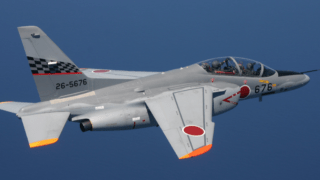
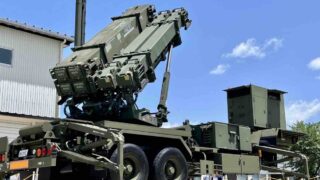

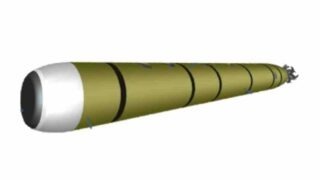







-320x180.jpg)






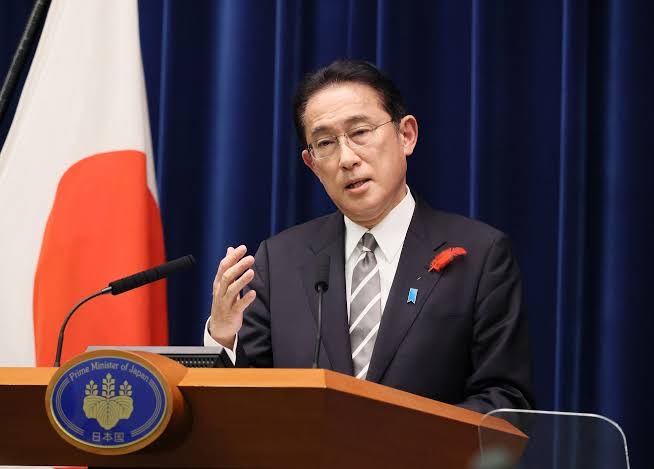
Comments